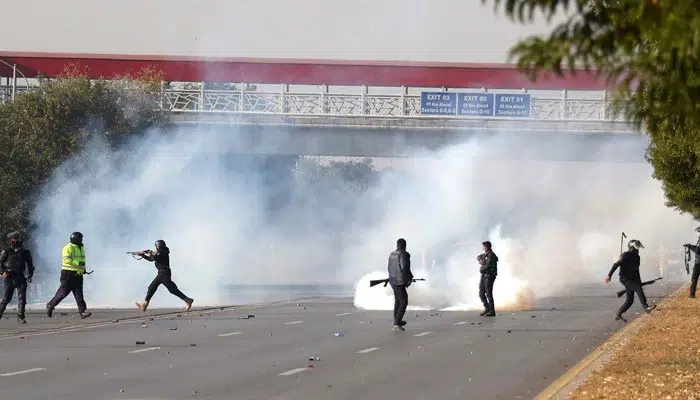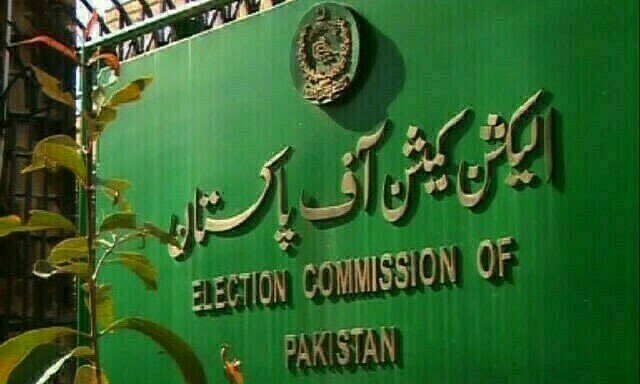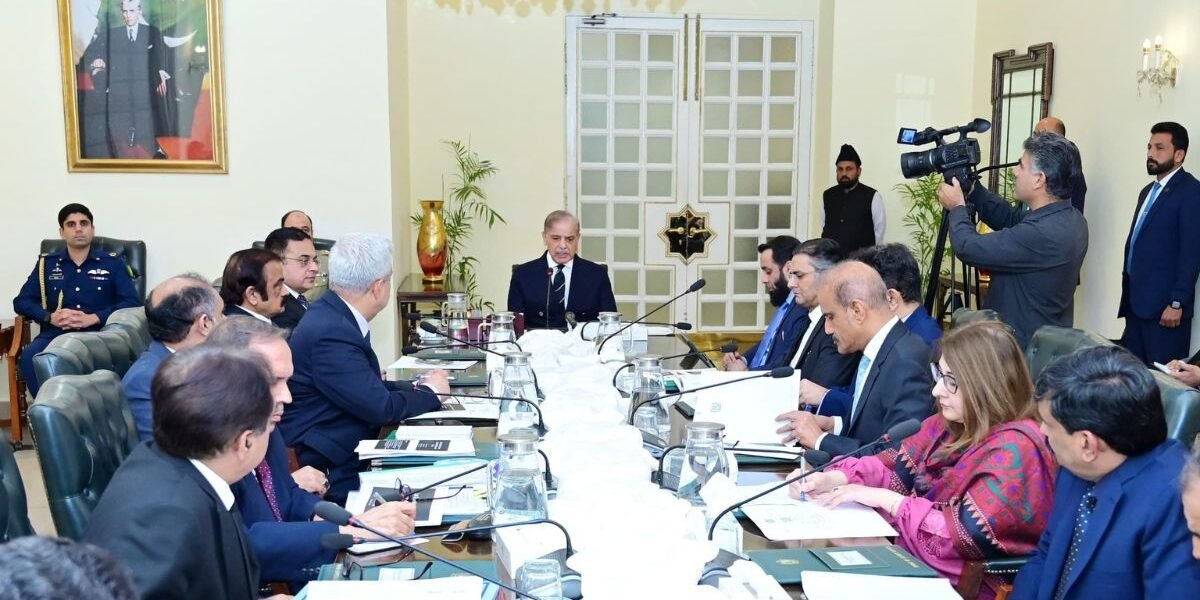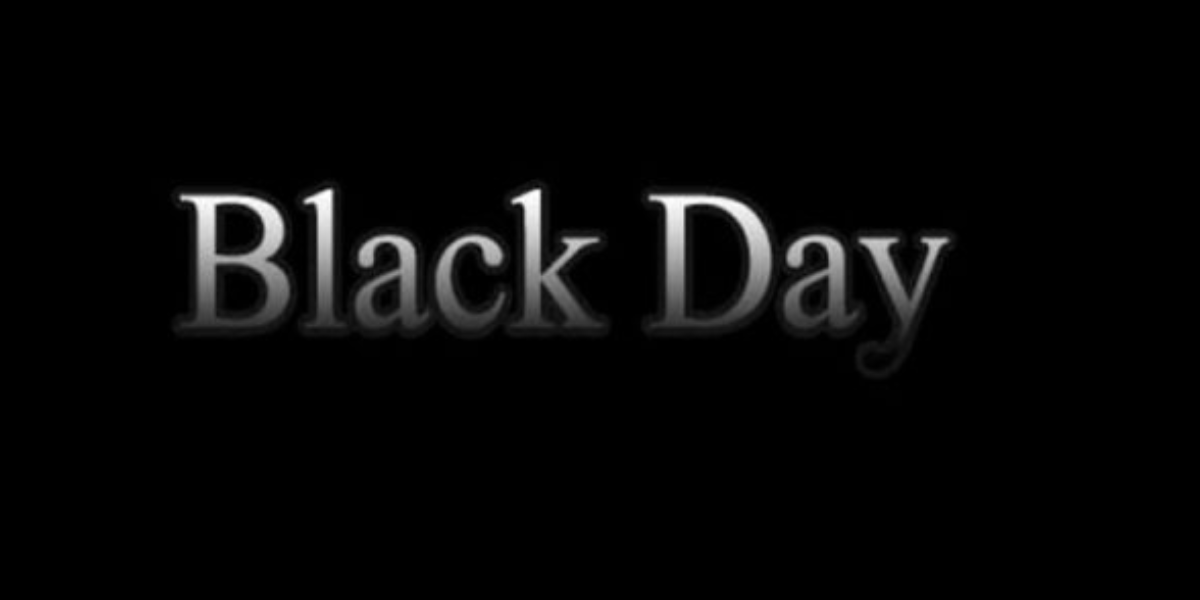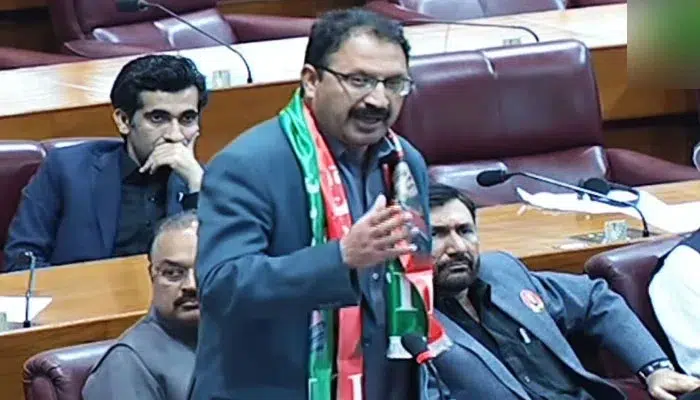In today’s globalised world, every political event must be viewed through the lens of its international implications. Pakistan, as a growing economy, finds itself in a crucial position within the South Asian region. As the political landscape in the country continues to evolve, the stakes are becoming higher not just domestically, but internationally as well.
The ongoing crisis following Pakistan Tehreek-e-Insaf’s (PTI) final call for a sit-in protest has raised serious concerns, with allegations of excessive force used by the government against peaceful demonstrators, resulting in multiple deaths. This tragic turn of events is not only significant for the political future of the country but also for its relations with the international community.
The PTI, led by former Prime Minister Imran Khan, called for a massive sit-in at D-Chowk in Islamabad, demanding his (Imran Khan’s) release from jail.
The protest, which began as a call for justice and political freedom, quickly escalated into violent confrontations between PTI supporters and security forces.
Allegations have emerged from various quarters, including the biggest opposition party PTI, some credible journalists, and human rights organisations, claiming that the government used brutal force to disperse the crowds. The reports of deaths in the aftermath of the operation have raised serious questions about the use of power by the state, especially considering the nature of the protest itself.
Hamid Mir, a respected senior journalist in Pakistan, painted a harrowing picture of the events in an interview with Voice of America. He claimed that the state’s response to the peaceful protesters was akin to a war zone, comparing it to the violent conflicts in Palestine or Lebanon.
Mir alleged that security forces had fired live rounds at unarmed demonstrators, with no regard for the sanctity of human life. His account of the violence has resonated with many, as it aligns with reports from other journalists and human rights organisations that are calling for an independent investigation into the matter.
Matiullah Jan, another well-known journalist, was investigating the deaths of protesters at PIMS Hospital when he was forcibly abducted from the hospital parking lot. He was later handed over to Islamabad police and charged with terrorism—a move that has raised alarm about the safety of journalists in Pakistan. This incident is just one example of a broader pattern of suppression against those who seek to report on sensitive political matters. Another senior journalist, Shakir Awan, was abducted from his home in Lahore for providing a balanced account of the protests. These actions highlight the growing concern about press freedom in the country and the increasing use of intimidation against those who attempt to report the truth.
International news outlets have also weighed in on the situation. Al Jazeera reported that security forces used heavy weaponry, including AK-47 rifles, machine guns, and sniper rifles, against the protesters. This report aligns with the accounts of those on the ground, who described the brutality of the operation. Amnesty International has called for a “prompt, thorough, impartial, effective, and transparent investigation” into the deaths and injuries of protesters. The organisation also condemned the unlawful use of force, including both lethal and non-lethal weapons, by security personnel.
The PTI leadership has claimed that at least 20 people were killed during the operation, citing eyewitness accounts and reports from hospitals. In contrast, the government has dismissed these claims, asserting that no weapons were used against the protesters and that the deaths were part of a social media propaganda campaign. The government has also placed the blame for the deaths of four rangers’ personnel and one Punjab police officer on PTI leadership, claiming that the protesters instigated violence. However, this narrative has failed to convince many, especially considering the widespread reports of heavy-handed tactics used by the authorities.
International actors are also taking a keen interest in the situation. U.S. lawmakers, including officials from both the Biden and Trump administrations, have expressed concerns about the use of excessive force against PTI protesters.
Amnesty International has joined the call for Imran Khan’s release, urging the Pakistani government to heed international pressure and address the violations of human rights. These voices highlight the growing global concern over Pakistan’s handling of political dissent and the increasing isolation the country may face if the situation continues to deteriorate.
The use of excessive force against peaceful protesters is not only a violation of human rights but also a misstep that could severely damage Pakistan’s standing on the global stage. The international community is closely watching the developments in the country, and there is a growing perception that Pakistan is increasingly becoming intolerant of political opposition. The heavy-handed tactics employed by the government could alienate Pakistan from key international allies and further tarnish its reputation in the eyes of the global community.
What has transpired in the wake of PTI’s final call for a sit-in is both tragic and revealing. The frustration of the Pakistani government in handling such a large-scale protest led to a violent crackdown on demonstrators, who were simply exercising their right to peaceful assembly. This incident highlights the deeper political issues at play, including the government’s inability to manage opposition protests and its apparent willingness to use force to silence dissent.
The pressure to release Imran Khan is not just a domestic issue; it is now a matter of international importance.
While PTI’s strategy and internal struggles may have contributed to the crisis, the government must now recognise that it is under significant international pressure to release the former prime minister from politically motivated charges. Continuing to ignore this pressure could result in further diplomatic isolation, economic repercussions, and a loss of credibility on the global stage.
In conclusion, Pakistan stands at a crossroads.
The political crisis surrounding PTI’s protest and the subsequent violence has cast a long shadow over the country’s future. The international community’s call for an investigation and for the release of Imran Khan underscores the importance of addressing human rights concerns and ensuring that political dissent is handled through peaceful, democratic means.
As a growing economy with an increasingly important role in the region, Pakistan cannot afford to ignore the international ramifications of its actions.
The government must take steps to de-escalate the situation, ensure accountability for the deaths that occurred, and work towards a resolution that honours the rights of all its citizens while maintaining its standing in the global community.






